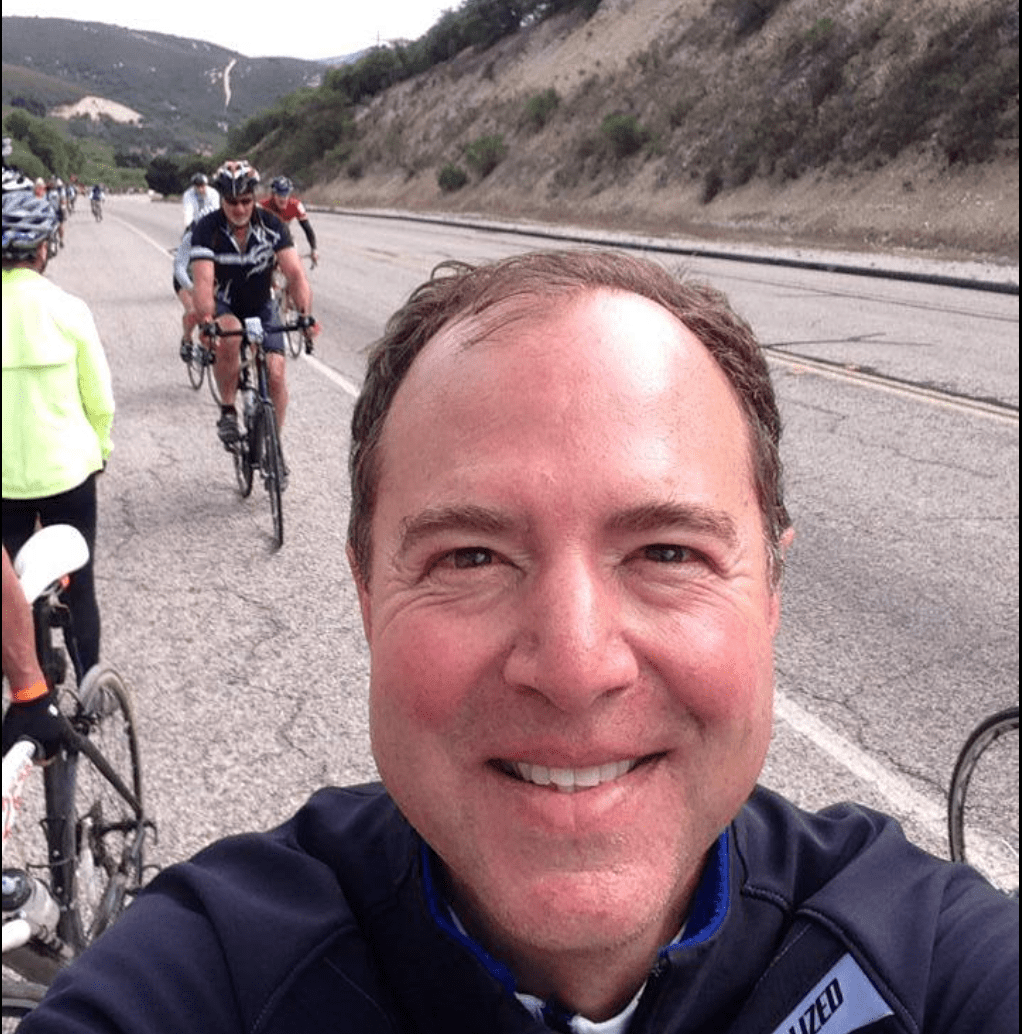The Legal Delays Continue in San Francisco’s Bike Injunction Saga
4:41 PM PDT on June 22, 2010
 Rob Anderson, the man who stopped San Francisco's Bike Plan, and his attorney, Mary Miles, leave the courthouse after today's hearing. Photo: Bryan Goebel
Rob Anderson, the man who stopped San Francisco's Bike Plan, and his attorney, Mary Miles, leave the courthouse after today's hearing. Photo: Bryan Goebel Without playing his hand, a San Francisco Superior Court judge today gave the attorneys involved in Rob Anderson's lawsuit against San Francisco's Bike Plan three weeks to draft orders for how he should proceed in the case, and any objections to those orders that might arise.
At the culmination of a nearly three-hour hearing that centered on four questions from the court, Judge Peter J. Busch asked the attorneys whether they thought the injunction against the Bike Plan should be fully lifted if he finds defects in the final environmental impact report (FEIR). Audrey Pearson, arguing for the City Attorney's office, said that CEQA requires the court to tailor a remedy for specific problems he finds in the FEIR, while allowing other projects to move forward.
Busch was skeptical of that reasoning and said that if he determines any part of the FEIR is defective, then all of it is."The EIR wasn't done project by project. That's why we're having this discussion in the first place."
He did, however, make it clear to the attorneys during their arguments that the issue before the court was not about the city's Transit First policy. Some of attorney Mary Miles' arguments had more to do with policy questions than the EIR itself, and many of her points have been made in previous hearings.
"There's never been an EIR like this before. This is a strange project to prepare an EIR for," Busch said.
At one point, toward the end of the hearing, while Miles was railing against what she saw as the city's lack of consideration for parking impacts in the Bike Plan, Busch shot down her suggestion that long-term bike projects were also in question.
"The court is not going to retain jurisdiction over any project having anything to do with bikes in perpetuity in the city of San Francisco. I can guarantee you that," he said, to a few chuckles from the courtroom audience.
The crux of Miles' arguments had to do with whether the city abused its discretion by not properly analyzing the impacts of the Bike Plan and the alternatives to mitigate those impacts.
"We're talking about impacts on transit, and traffic, and parking, and there's no mitigation. It's an egregious violation of CEQA," she said.
But Pearson maintained
the city did find measures that reduced the impacts "to a level of insignificance."
"One of the great things about the EIR is the breadth of alternatives the city looked at," said Pearson. "The city's alternatives were well within the range…and did more than CEQA required."
Busch set July 6th as the date when attorneys should submit their proposed orders, and July 13th to file objections. He would then have 90 days to decide the case. Bicyclists and advocates are hoping Busch finally lifts the injunction so the SFMTA can fully implement the remaining projects in the Bike Plan.
Renée Rivera, the SFBC's acting Executive Director, commended the City Attorney's office, but was frustrated by another delay in a process that has dragged on for four years.
"I thought all of their arguments were compelling and I hope that the judge will find them to be compelling as well," she said. "I will say that I am disappointed the judge is taking this extra three weeks, until July 13th, to get the additional objections from either party. It sounds like he's going to wait until that point until he starts fully considering his decision, so that was some disappointing news."
Anderson told SF Weekly that he would likely file an appeal when the injunction is lifted.
The saga continues.
Stay in touch
Sign up for our free newsletter



